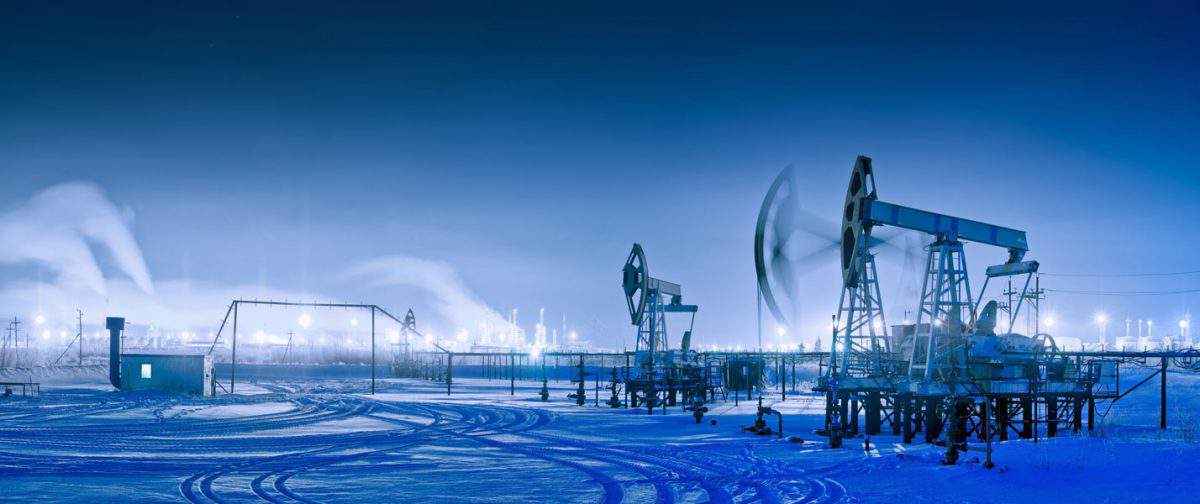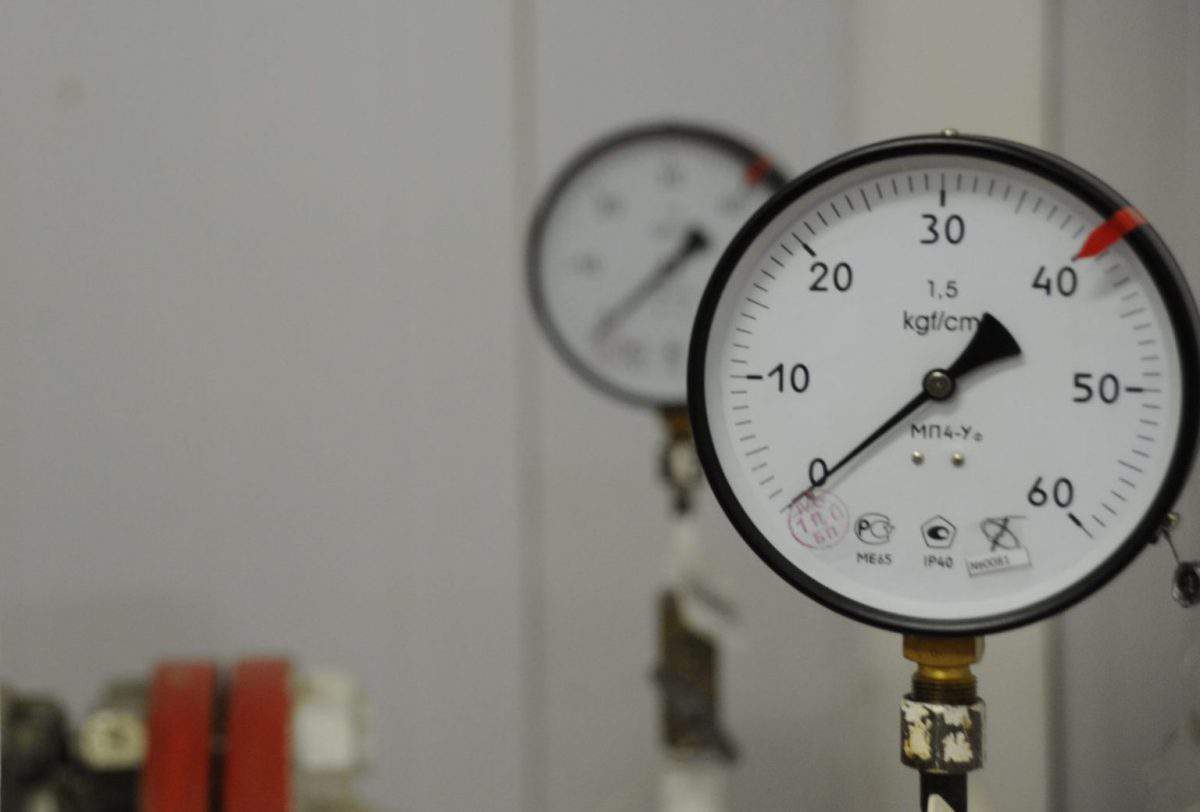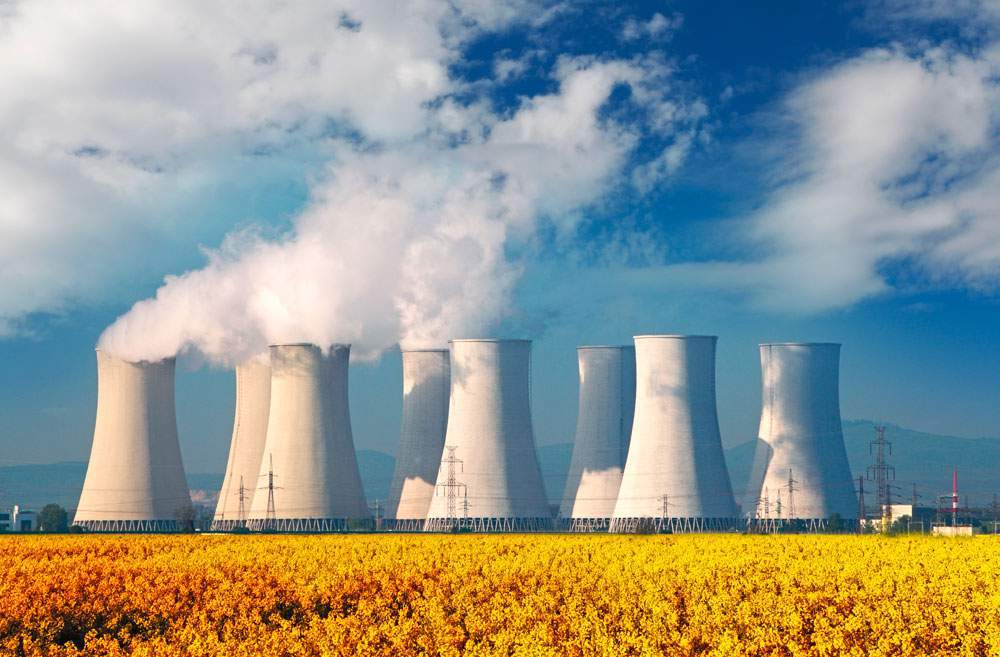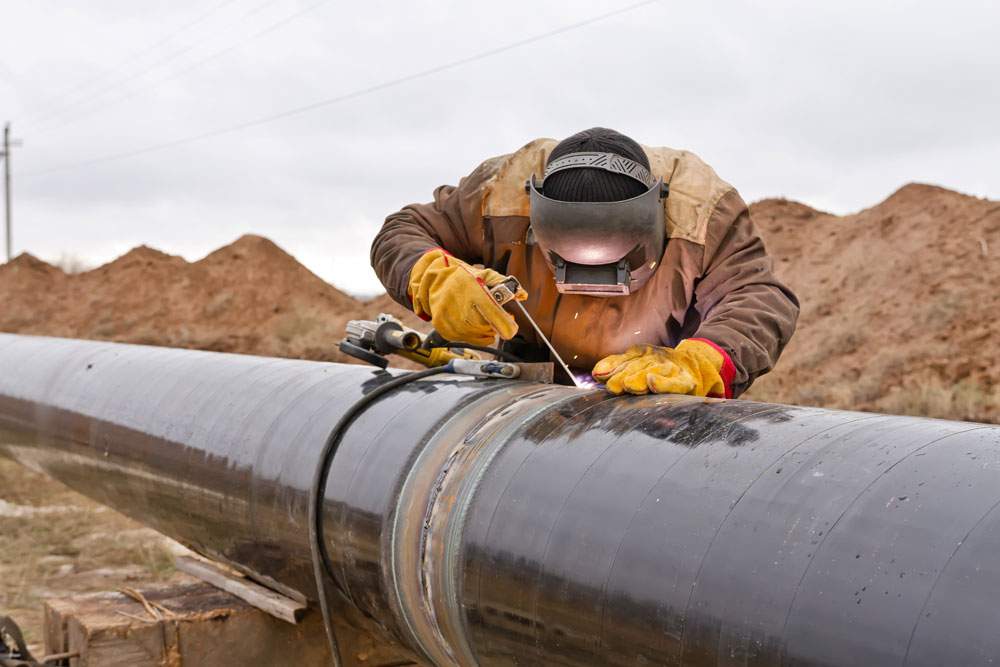In the early stages of global economic turmoil, the Russian oil and gas industry misjudged the true scale of coming trouble on hydrocarbon markets. The turmoil appears to have been regarded as a classic over-production crisis and generally seen as a healthy shakeup for the system, which would help deflate the dangerously expanding bubble of […]
Monthly Archive: May 2017
Talk in Europe about the steady growth of alternative energy and the potentially vanishing demand for Russian natural gas would appear to derive more from political than from economic considerations. The desire to make Vladimir Putin suffer for his aggressive stance on Ukraine and Syria by stopping energy imports from Siberia – effectively an indirect […]
There are no miracles: survival is for the fittest. Nowhere is this truer than in the global energy market. Toshiba has finally published its third quarter results for 2016, revealing record losses in the history of the Japanese giant of 552.4 billion yen ($4.97 billion dollars at the current exchange rate), or 15 percent up […]
Since Ukraine stopped buying Russian natural gas in November 2015, it has been importing the fuel under sales contracts with suppliers in Germany, Austria, and Luxemburg. With Moscow and Kiev entrenched in a bitter drawn-out conflict, relations between Ukraine’s Naftogaz and Russia’s Gazprom have degenerated into a state of permanent litigation. The global energy community […]
According to its letter of March 28 to the governments of Denmark and Sweden, the European Commission will not block the construction of Nord Stream 2 (NS2). The Commission’s spokesperson Anna-Kaisa Itkonen has stated that Nord Stream 2 (NS2) is not subject to the rules of the EU Third Energy Package. Nevertheless, the European Commission […]
When oil prices collapsed in 2014, many experts predicted bleak scenarios for renewable energy: cheap oil would make pushing on with expensive and less efficient wind farms and solar cells economically questionable. Other fossil fuels such as natural gas and coal, which were also becoming cheaper, would compete more strongly against renewables, it was thought. […]






